Examining process and product through scanning and visualization
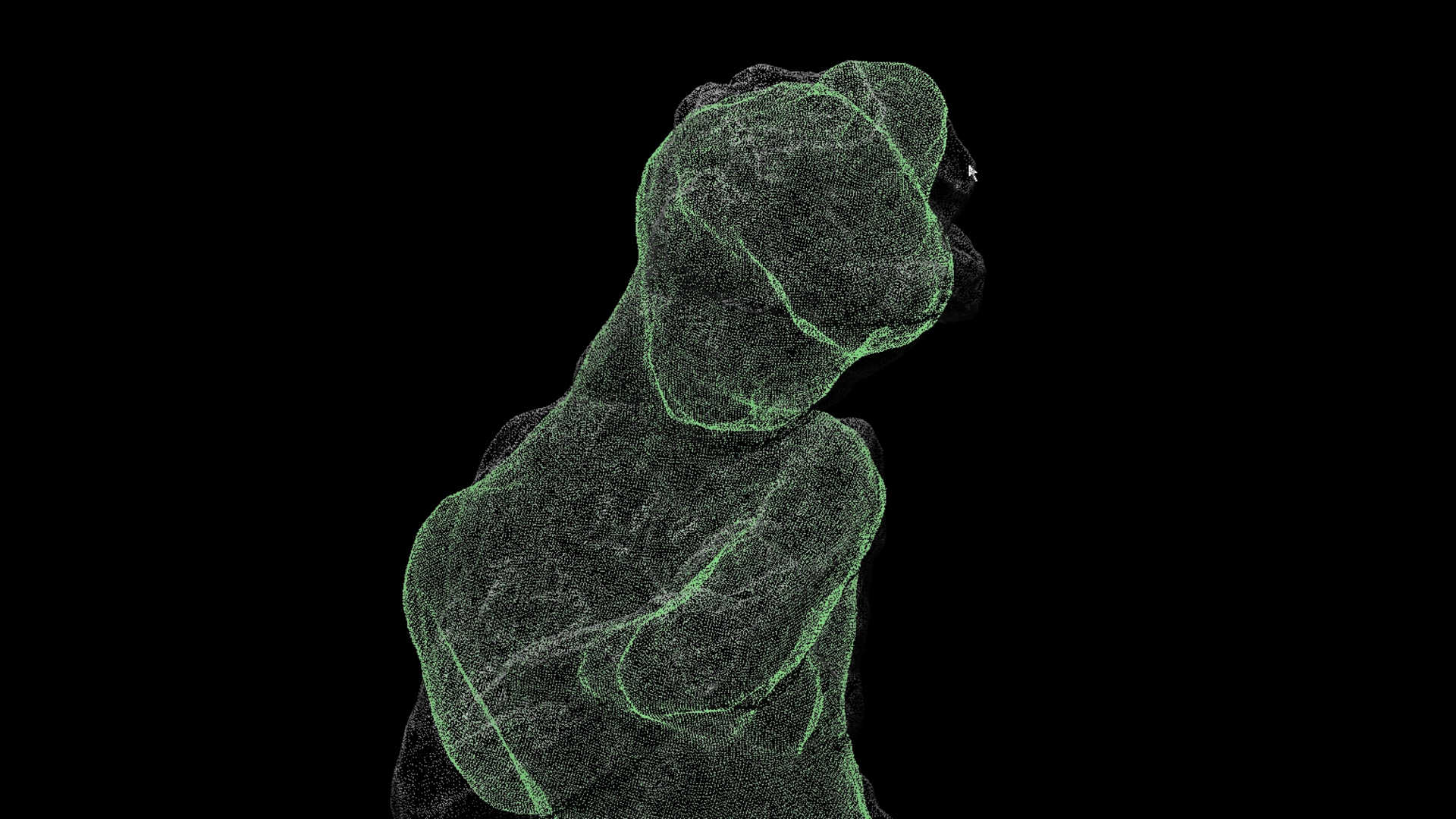
Known primarily for his beautiful paintings, drawings, and works on paper, Henri Matisse was also an accomplished sculptor whose radical style left lasting marks on modern art history. In 2007 the Baltimore Museum of Art hosted the first major U.S. examination of Matisse’s sculpture in nearly 40 years. This exhibition assembled more than 150 works in a variety of media to illustrate his inventiveness, dexterity, and historical significance. The exhibition was also presented at the San Francisco Museum of Modern Art, and the Dallas Museum of Art.
Utilizing 3D scanning the IRC created two visualizations for the exhibition: one focused on the process of creation and the other on the process of looking.
Matisse’s Process Revealed
Using three-dimensional laser technologies to compare multiple casts of similar sculptures, The IRC created a visualization that shows what the naked eye cannot view alone. Through this study, Matisse’s working process and casting methods are revealed for the first time, with considerable differences in methods of construction, patination, finishing, and even size. Numerous Matisse sculptures were scanned to produce this visualization. Scholars could then analyze the subsequent 3D computer models to better understand Matisse’s process.
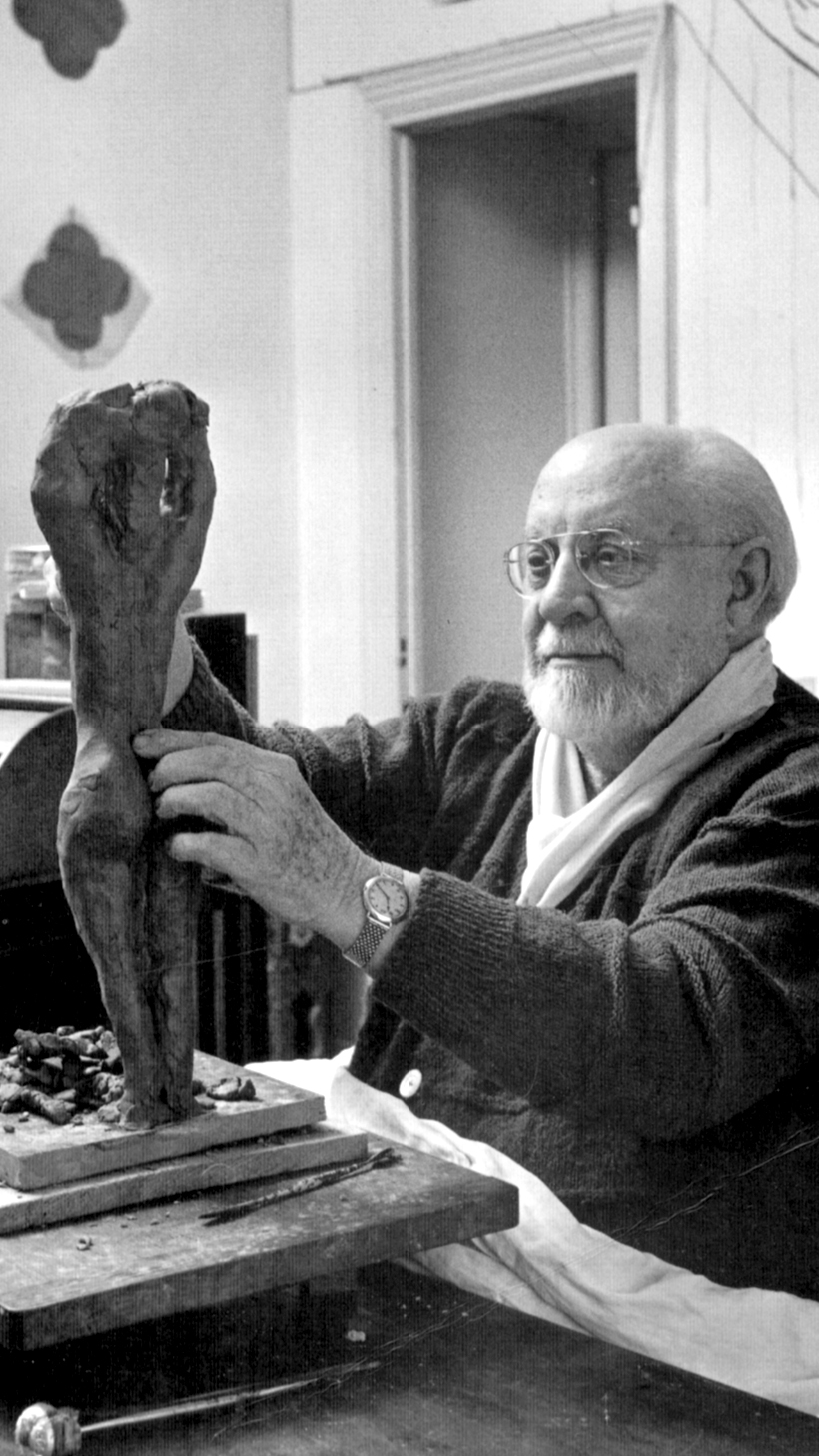
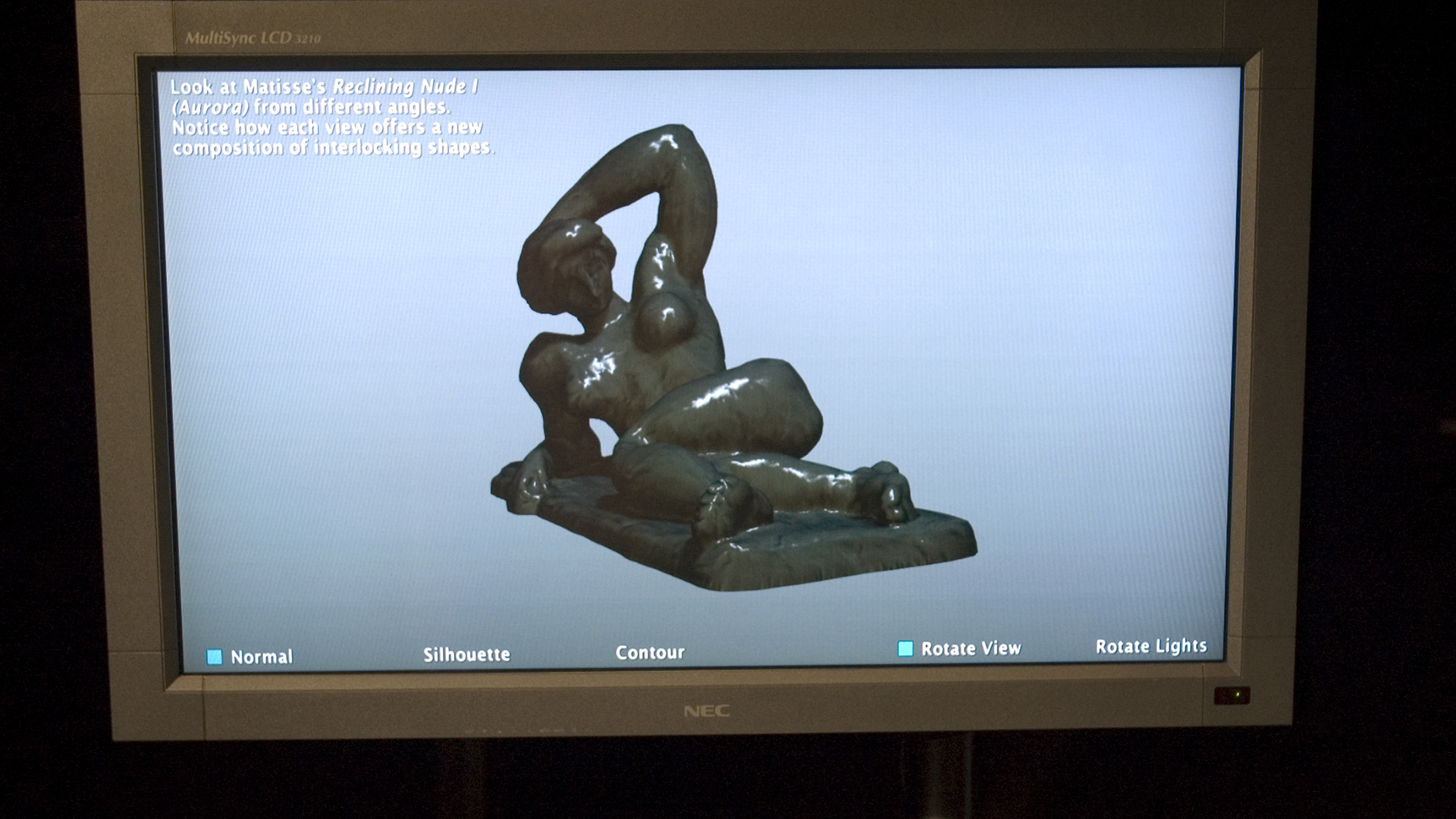
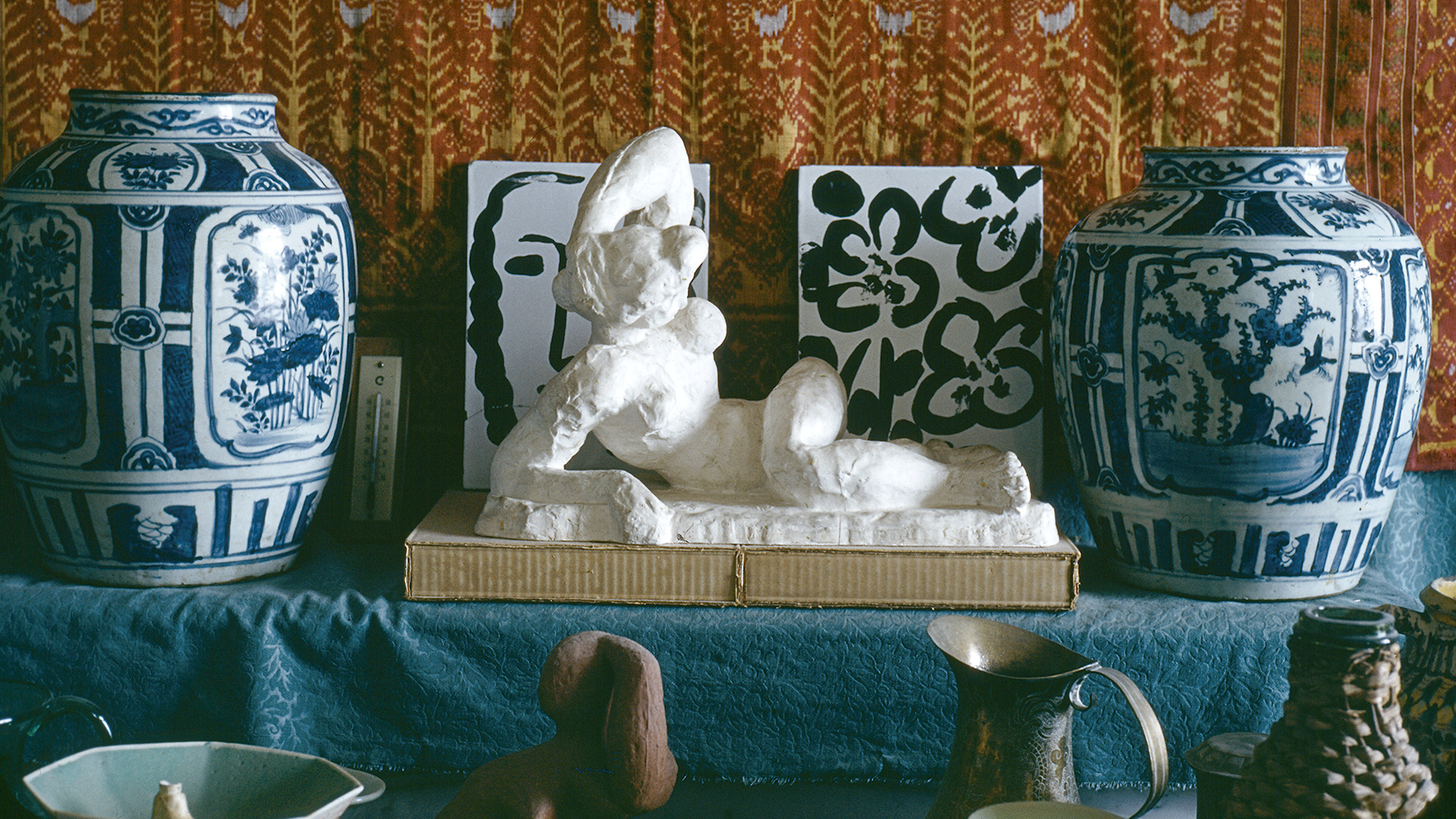
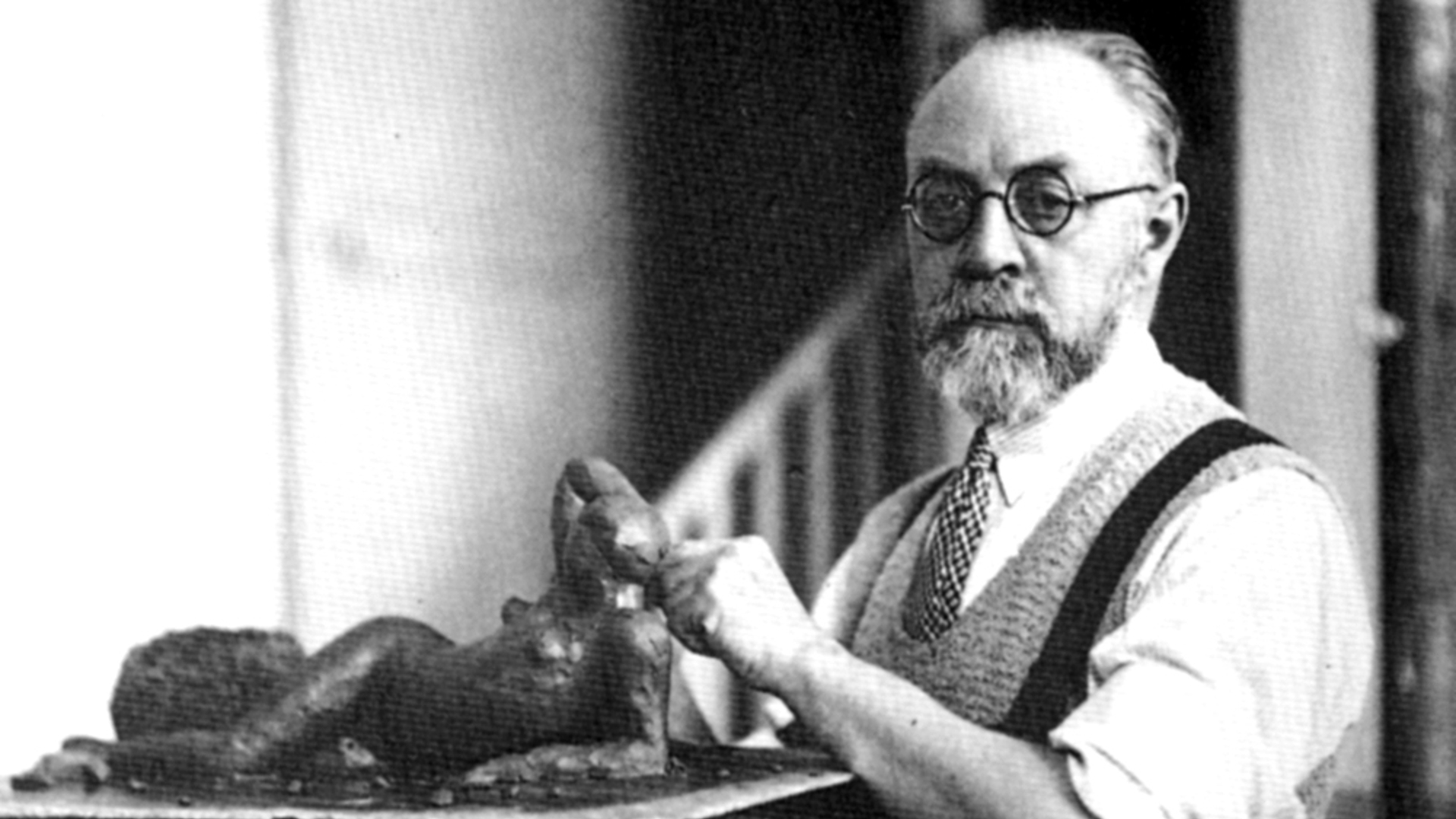
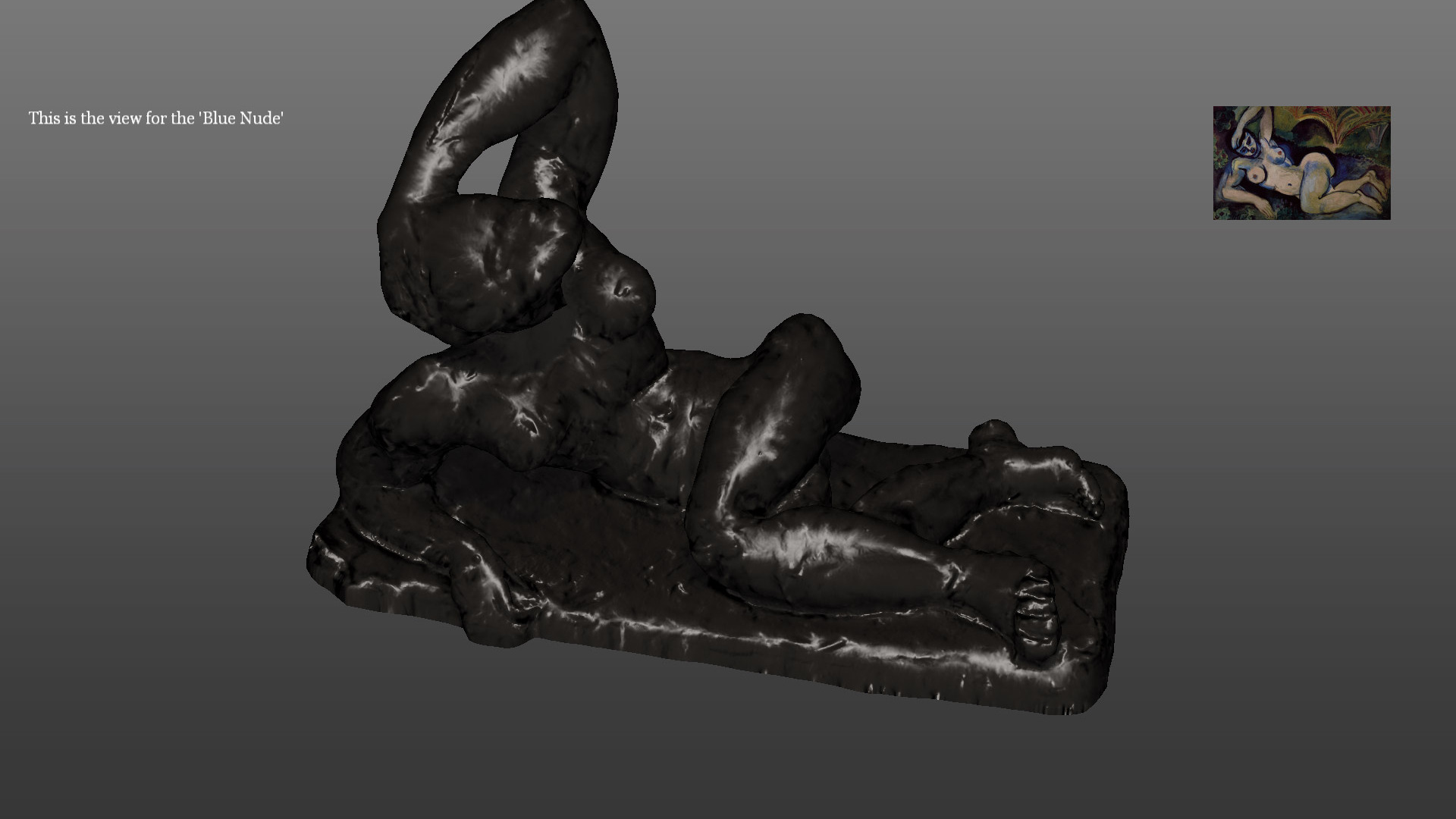
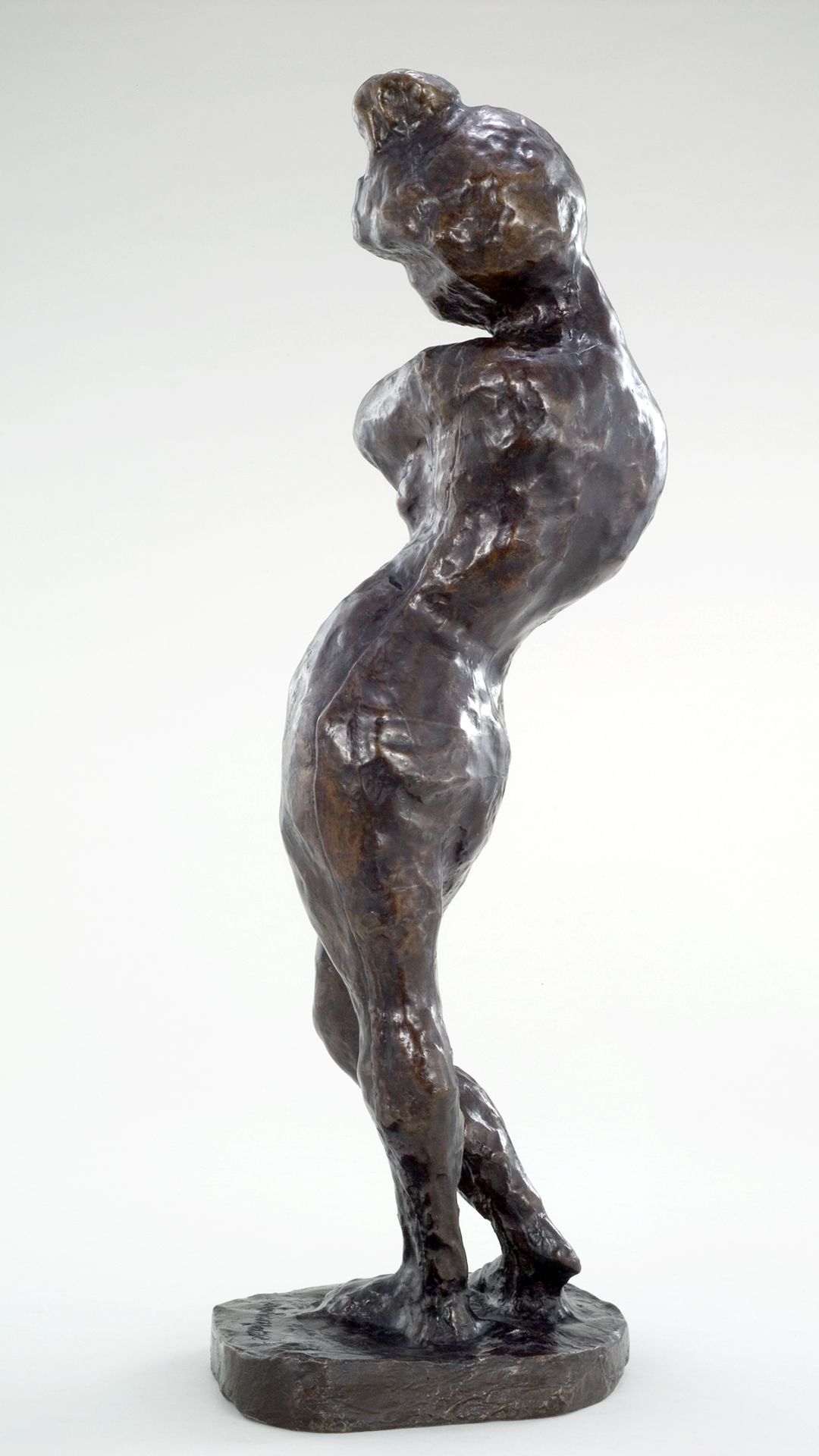
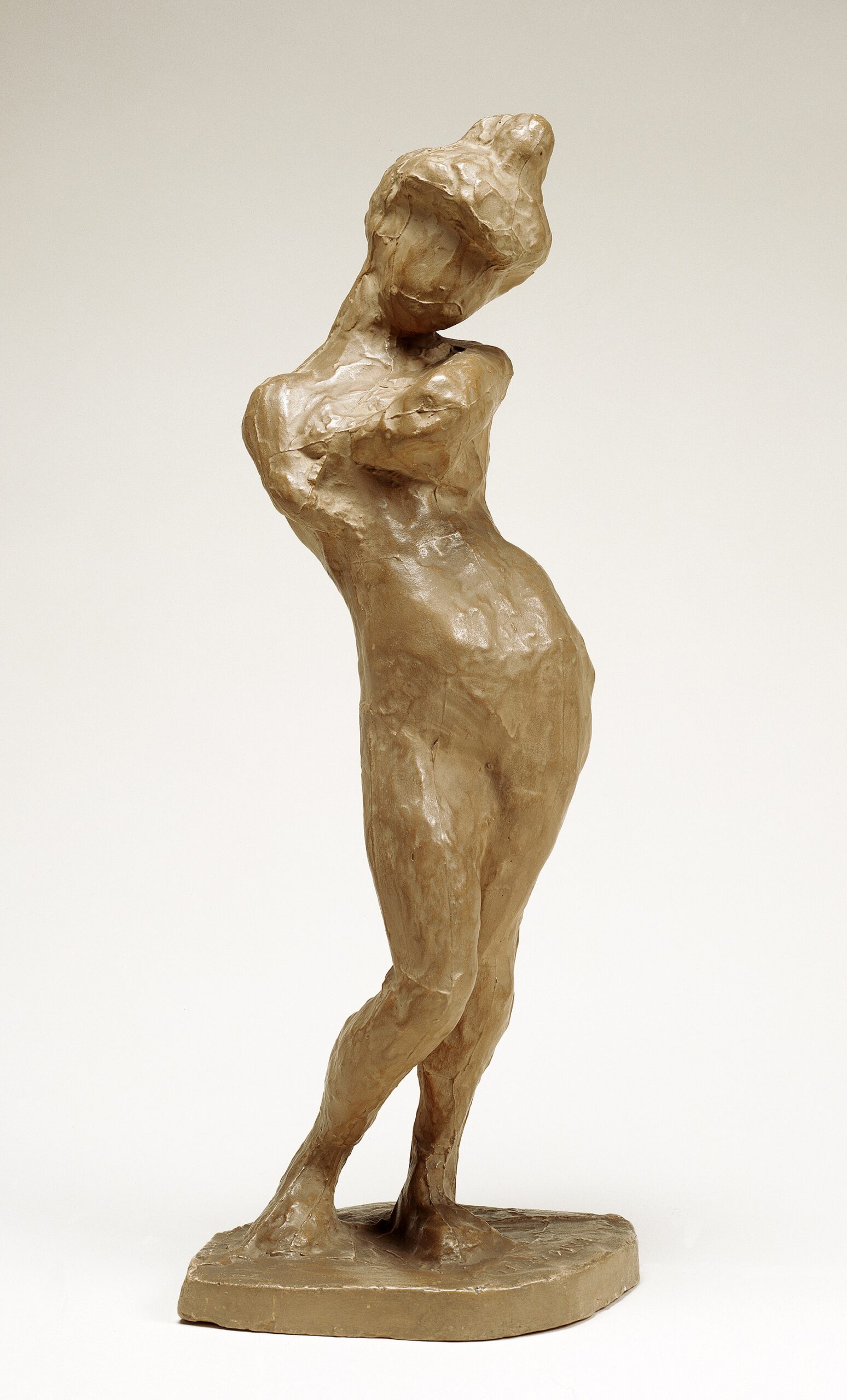
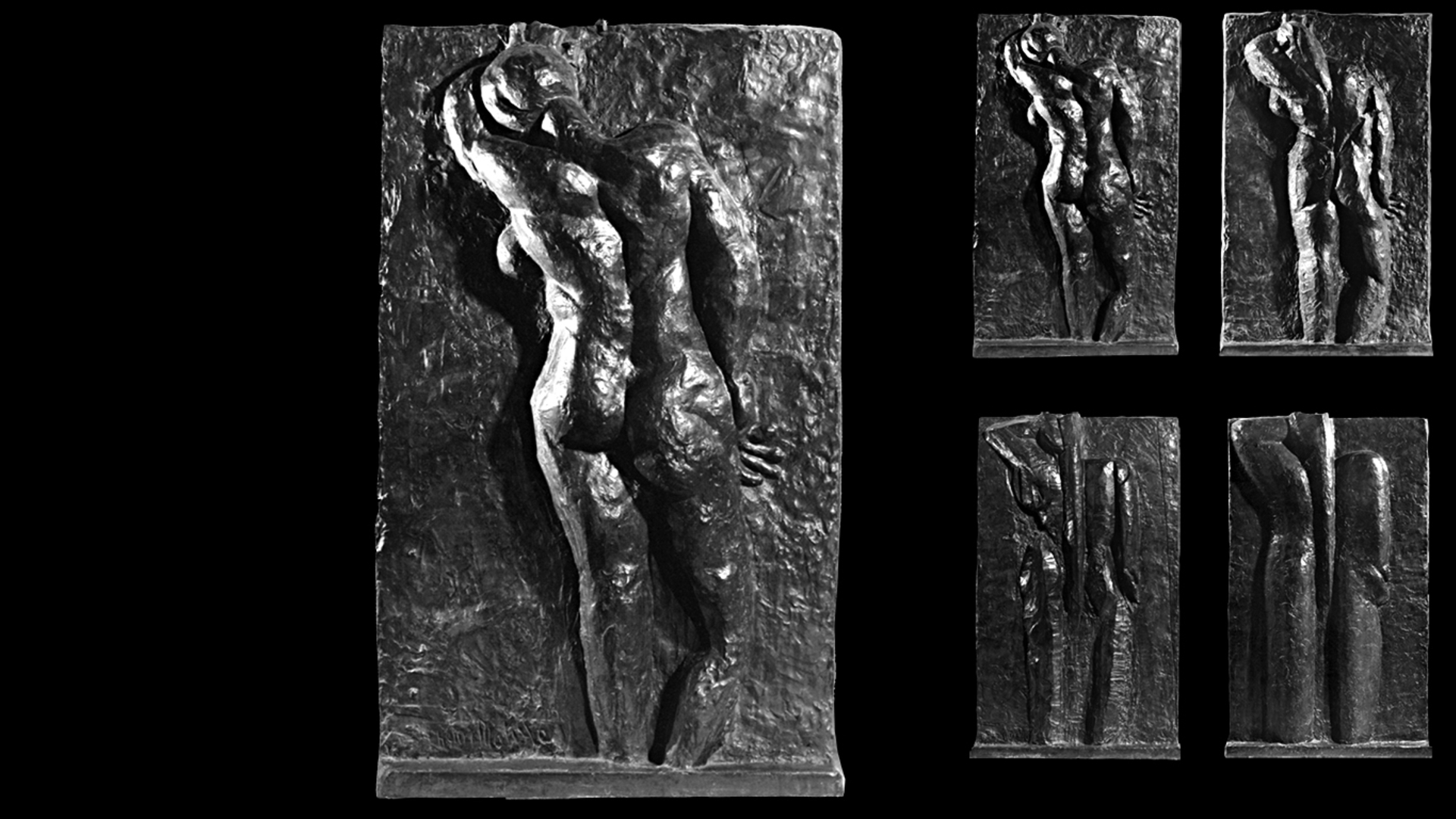
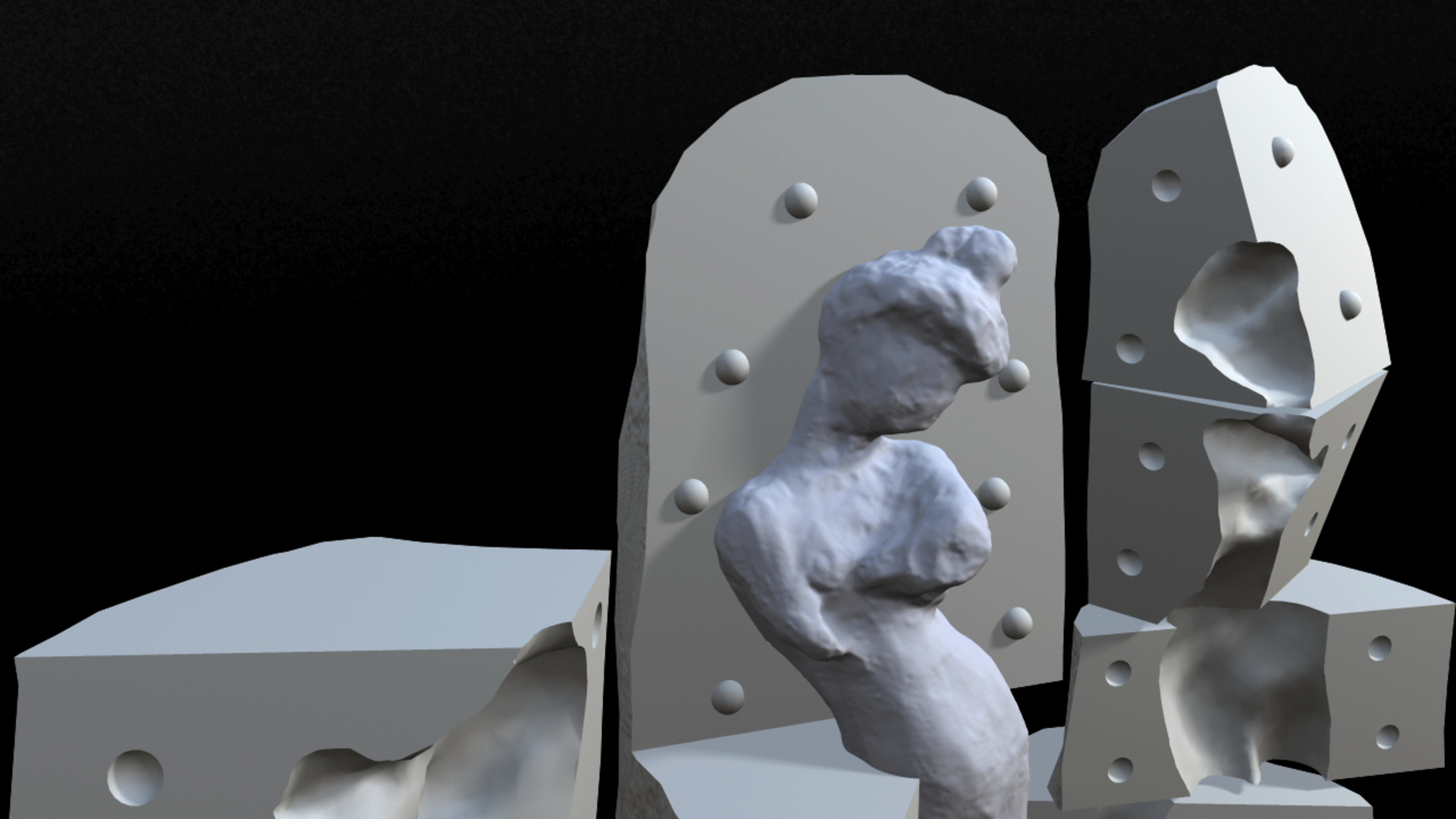
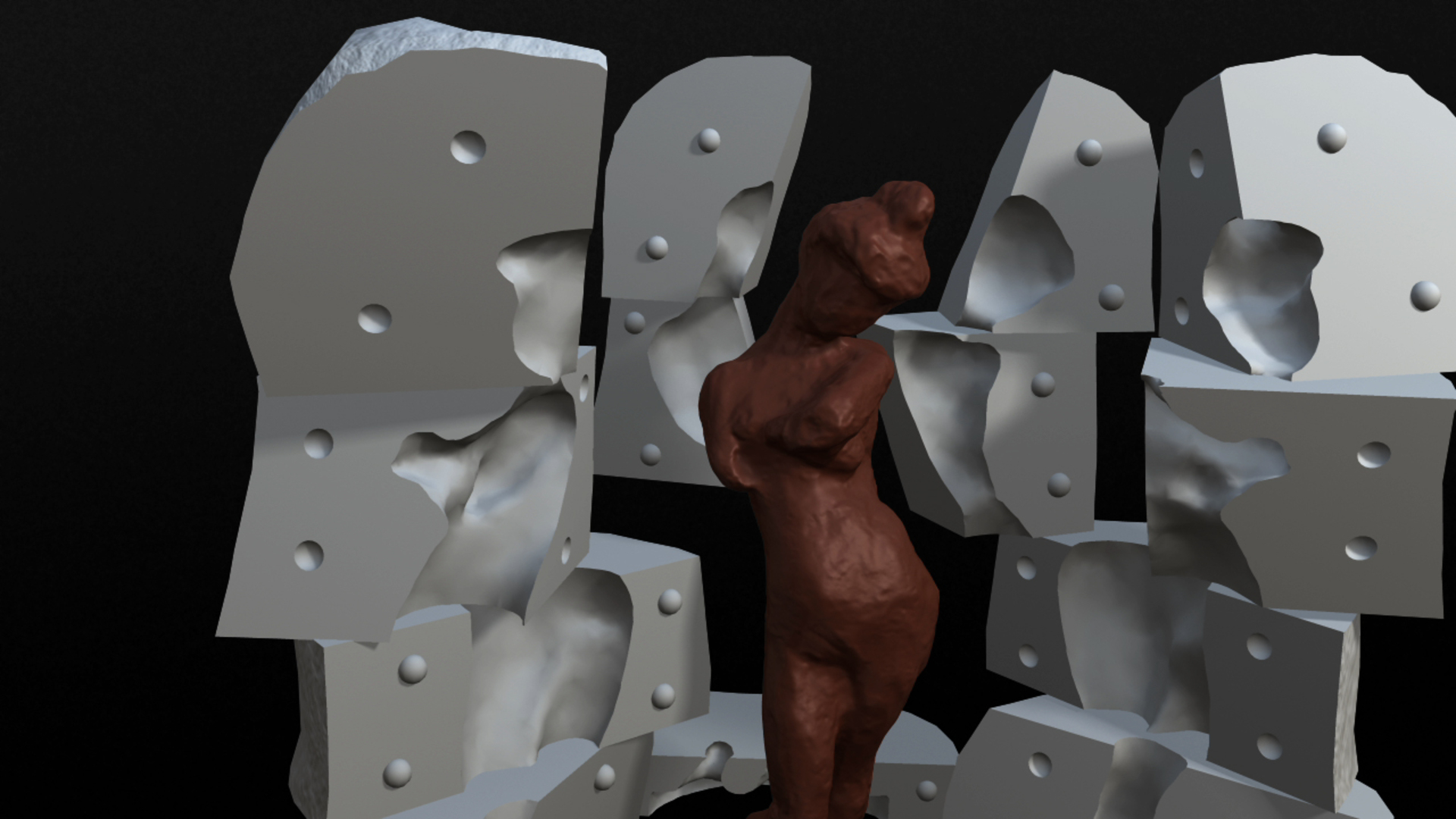
Looking at Sculpture
Matisse’s Aurora sculpture was laser-scanned to create a 3D model. This model was prepared for real-time playback utilizing normal maps that create the illusion of a high-density model. A real-time shader that mimics Matisse’s contour line drawing style was programmed specifically for this project.
This model was featured in an interactive touch-screen display that encouraged visitors to be active in the process of observing a sculpture. The Interactive allows viewers to move the sculpture, change the lighting, and look at it in both profile and contour mode. This allowed visitors to think about line, rotation, and Matisse’s use of positive and negative space.
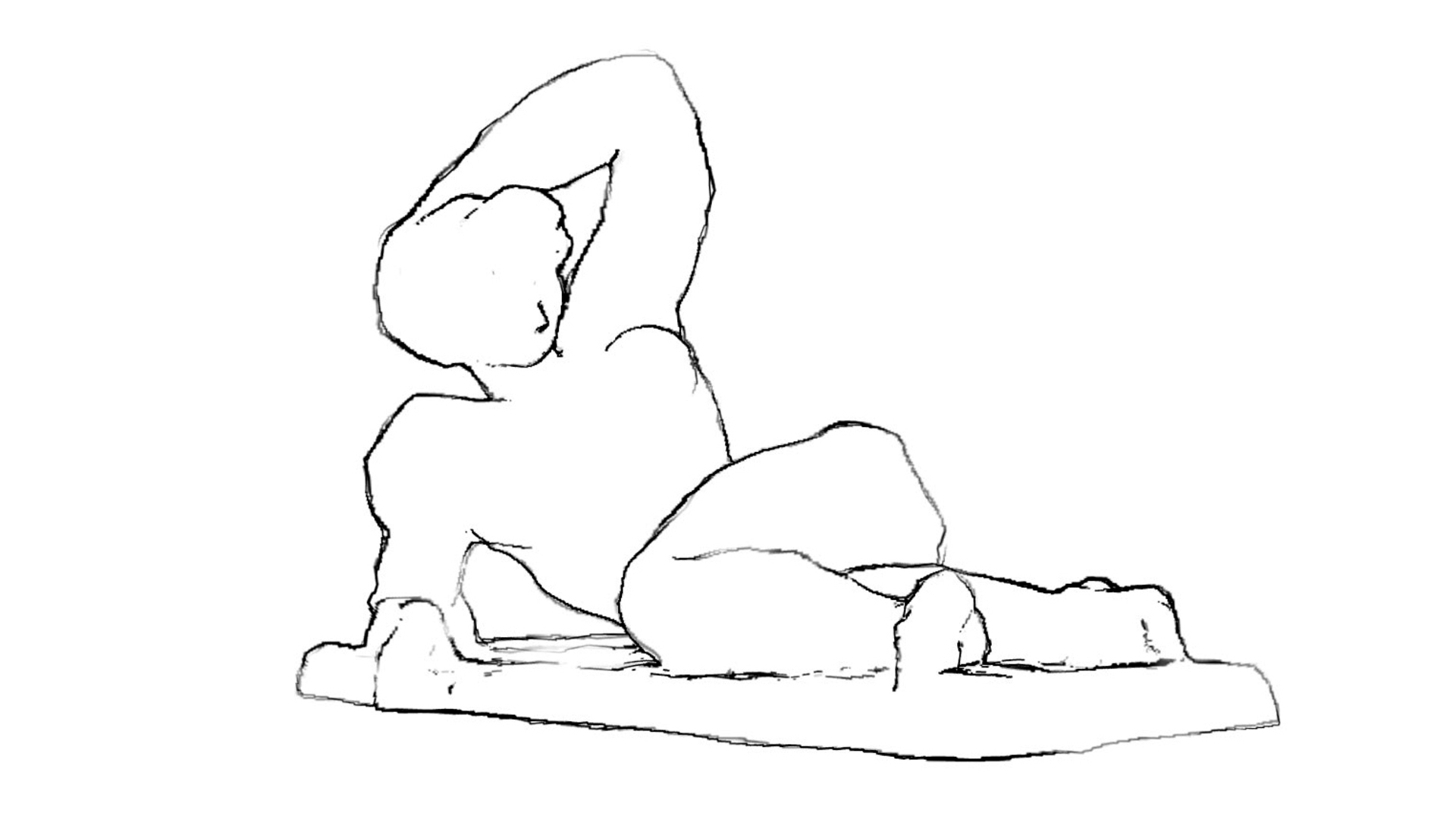
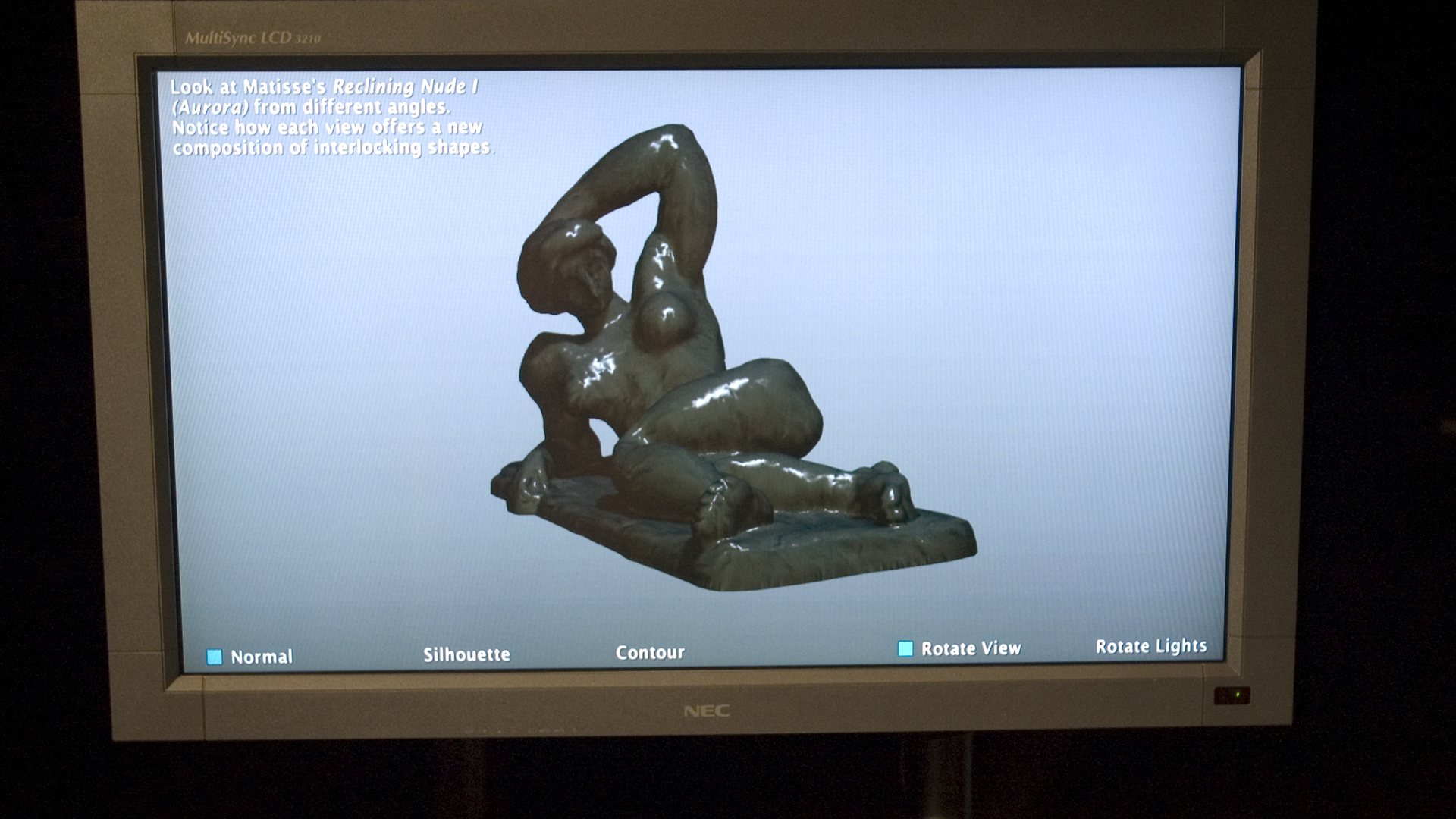
Researchers and Creators
Project Director and Editing: Dan Bailey
Animation: Ryan Zuber and Eric Smallwood
Laser Scanning: Direct Dimensions, Owings Mills, MD
Client: Baltimore Museum of Art
Curators and Scholars: Jay Fischer, Ann Boulton, Oliver Shell, Dorothy Kosinski
Education Directors: Kimberly D. Meisten, Gail Davitt
Imaging Research Center, UMBC © 2024